We Are Hard Left; An interview with Mike and Tim of Hard Left
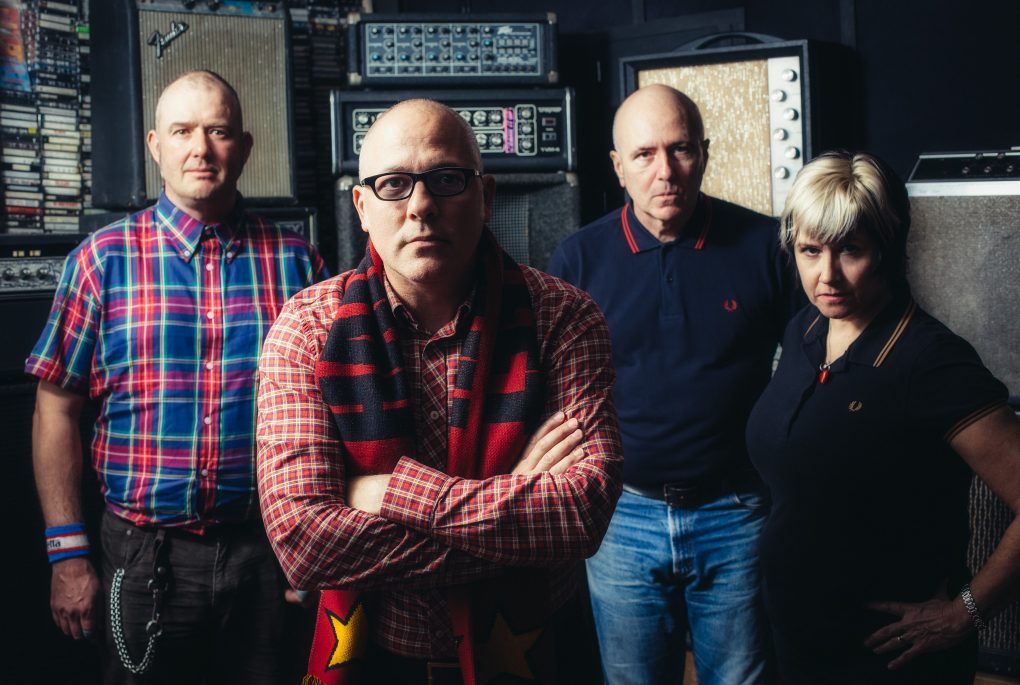
Brought together by the music, held together by the outrage — Hard Left are a hard-mod/punk band borne out of a desire to explore leftist political ideas and marry them to rabble-rousing music worthy of the worldwide struggle against capital. The band members have been involved with punk and DIY music for nearly a century combined, including time in bands like Boyracer, Jüke, Whorl, Lunchbox and Black Tambourine, and operating the respected labels 555, Emotional Response and Slumberland Records.
We Are Hard Left is a concise and explosive punk record, packed with anthems of resistance and calls to action. These are crucial times that we live in, and Hard Left seek to inspire and invigorate. It’s anthemic in the best way — inspiring but never heavy-handed, a worthy successor to records by bands like The Clash, Stiff Little Fingers, Sex Pistols and The Dils. Call it “utopian Oi” if you will, or “hard mod” or just plain punk, but don’t miss out on this passionate, thrilling record.
Ghettoblaster recently caught up with Mike and Tim to discuss the band, political action and Fred Perry clothing. This is what they told us.
What artistic outlet does Hard Left afford you that your other musical projects haven’t?
Mike: I’ve never fronted a band or sang more than a few songs, so in the respect this is all very new to me. I have been in aggressive bands before and some pretty chaotic ones, but this is my first band that one might actually identify as punk, which is weird since punk had a huge effect on me.
Tim: Punk is my first love, along with the Who. I was in a punk band (Jüke, on Lookout!) for a long time. But I’ve mostly been involved in indie-rock and indie-pop for the last 15 years, so a return to punk feels fresh to me personally. What’s a little bit unique about this situation is how this band combines my interests in punk, mod, the Who, postwar British youth subcultures generally, music and radical history, and so on. So it’s a little bit more than just a punk band, from my perspective.
What would you say the band’s most predominant influences are?
Mike: Musically I’d say that we’re influenced by the trajectory of mod, hard mod, skinhead, glam, early UK punk and a smattering of U.S. punk/hardcore.
Tim: Right. I’m coming straight from Who, Sweet, Pistols, Damned, Generation X, Sham.
When did you begin writing the material for We Are Hard Left?
Mike: We started the band in April 2014 and one of our first tunes (“Safety”) made it onto the album. There were only 3 months between our first show and recording the album, so it all happened pretty quickly.
Tim: I started writing Hard Left songs when I first moved back to Oakland in 2012. I’ve still got a few half-finished songs from that early phase that I’ll probably finish and trot out soon.
The record is full of pretty posi calls to action. Is that the band’s modus operandi?
Mike: Absolutely. While we talk about important topics, we never try to make it too heavy. It’s easy for oppositional political music to get preachy and/or finger-pointy, and we find that boring and unproductive. Our goal is to inspire analysis and action, and to let people have a good time while we’re at it.
Some may recognize you as an Oi or non-racist skinhead band. Is that an accurate description?
Mike: While we’re inspired by Oi and more particularly the history of skinhead as a working class movement, I don’t think that any of us have ever identified as being members of those subcultures, and Hard Left is too stylistically divergent to fit into either category.
Tim: What Mike said is right. We’re anti-racist for sure, but it would be a mistake to see us as a skinhead band, love of Fred Perry’s notwithstanding.
What do you see as the biggest political and economical challenges in the world today? What are you rallying against?
Mike: It seems to me that a lot of the challenges today (ecological, economic and political) boil down to the malignant forces of industrial capitalism and the lack of a cogent, coherent alternative. The people who do the actual work (and of course the nature of work has changed, it always does) have not only become alienated from their own labor, but they’ve become atomized and alienated from each other and from the environment that supports them. The ubiquity of the neoliberal “consensus” has given people the idea that there is no alternative. We’re here to say that there ARE alternatives, and seeking them out is more important than ever.
Tim: I see some of the main problems as authoritarianism, militarism and war-love, bureaucracy, self-seeking behavior and disregard for others, lack of a belief in the possibilities of collective action, the profit motive. Our point, as Mike says is that there ARE alternatives to our current situation.
Do you believe young punks are still as politically active as they should be in this digital age?
Mike: While there are plenty of engaged and active people, it does seem like the political side of punk has been dominated by identity and personal politics. That’s all fine, but we want to get people thinking about the bigger issues.
Right: I’m interested in issues that effect all people, whatever their identity. Animals too, for that matter. It’s true that the “personal is political”, as they used to say in the 1960s, but we think the personal needs to be connected to more systemic analysis.
What was the most difficult song to take from the initial writing stage through recording and mixing? Why was it so troublesome?
Tim: We didn’t really have too many problems. I brought the songs more or less fully-formed to the band, Mike and I tinkered with some lyrics together, then we all learned the songs together in just a few minutes and recorded them on the spot. Stew had to mix without us, as he lives in a different state, so I think we frustrated him with our cascade of “mix notes.” He did a great job, though.
Which of the songs on the record is most different from your original concept for the song?
Tim: “Hard Left Rules OK” benefited from the whistling that Mike introduced. Gave it a kind of Dickens meets Clockwork Orange feel.
Did you have any guest musicians play or sing on the record?
Mike: We did get our friend Jeremy to play a bit of trumpet on “Imagination,” but otherwise it’s all us.
Who produced the record? What input did that person have that changed the face of the record?
Mike: Our drummer Stew Anderson recorded the album in his home studio. He’s an amazing drummer and arranger, and has a perfect ear for the style of music that we play. He’s great at minimal but effective recording , and definitely keeps things moving.
Tim: Stew made bold and effective mixing decisions, in terms of hard panning guitars and bass, big toms, and other stuff. His mixing definitely added to the terrace vibe.
Is there an overarching concept behind your new album that ties the record together?
Tim: Well, it’s all very left politically, obviously. I guess the concept is making intellectual and aesthetic connections between post-war British working class youth subcultural style and sensibility and explicit anarcho-Marxist politics. Basically making what was implicit explicit. The themes are uplift, self-education, militant struggle against neo-liberalism and all other forms of reaction. History is a big theme—the importance of recovering radical history as a antidote to the passivity and self-imposed dumbing down that characterizes our current moment. We imagine an alternative world in which the football terrace meets the socialist mass meeting. Making the revolution and looking good doing it, ha ha. We don’t favor any kind of vanguard politics. We encourage people to think, learn, and do for themselves. We want people to have solidarity with other people, to recognize their own situation in the situation of others. To educate themselves and fight back when they’re being robbed and lied to.
Have you begun playing these songs live and which songs have elicited the strongest reaction from your fans?
Mike: We’ve played pretty much everything off the album out now and I think that it all goes over really well. We play with a lot of energy and velocity, and the songs are so immediate that people seem to get swept up in it. With the recordings and with the live show we’re always thinking: what would WE want to see? What would we want to hear? Live I want to see a band go bananas and really get into it, so that’s what we strive to do.
Tim: Yes we play them all live. The response seems strong to all of them. People seem to like “Safety” a lot. There aren’t really any dull moments in the set, so…
I understand you may be doing a 7-inch with James Downing-Groth, who lives here in Dayton, Ohio. How did you come in contact with him and how is that shaping up?
Mike: James got in touch with us through Facebook, just as a fan of our early lathe cut singles. He seems well into what we’re doing and that means a lot to us. We just recorded a bunch of new songs and some covers for the single he’s putting out and a few other singles. We’re having a great time right now and really love writing and recording, so expect to hear a lot more from us!
(Connect with Hard Left here:
https://www.facebook.com/hardleft77
https://twitter.com/HardLeft77)



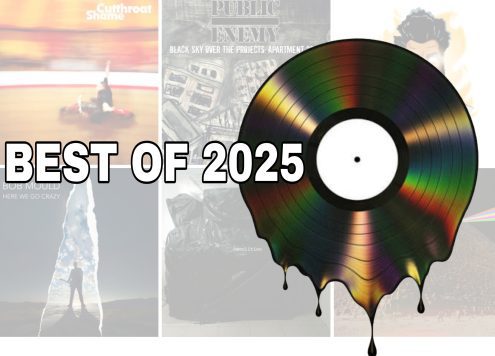

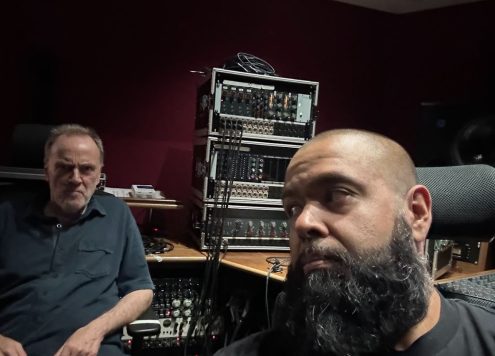
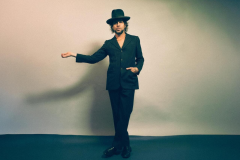
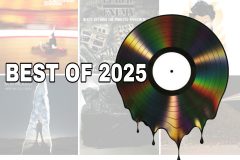
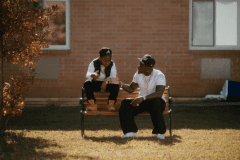
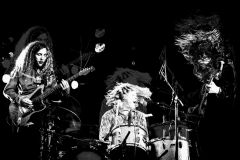

Social Media